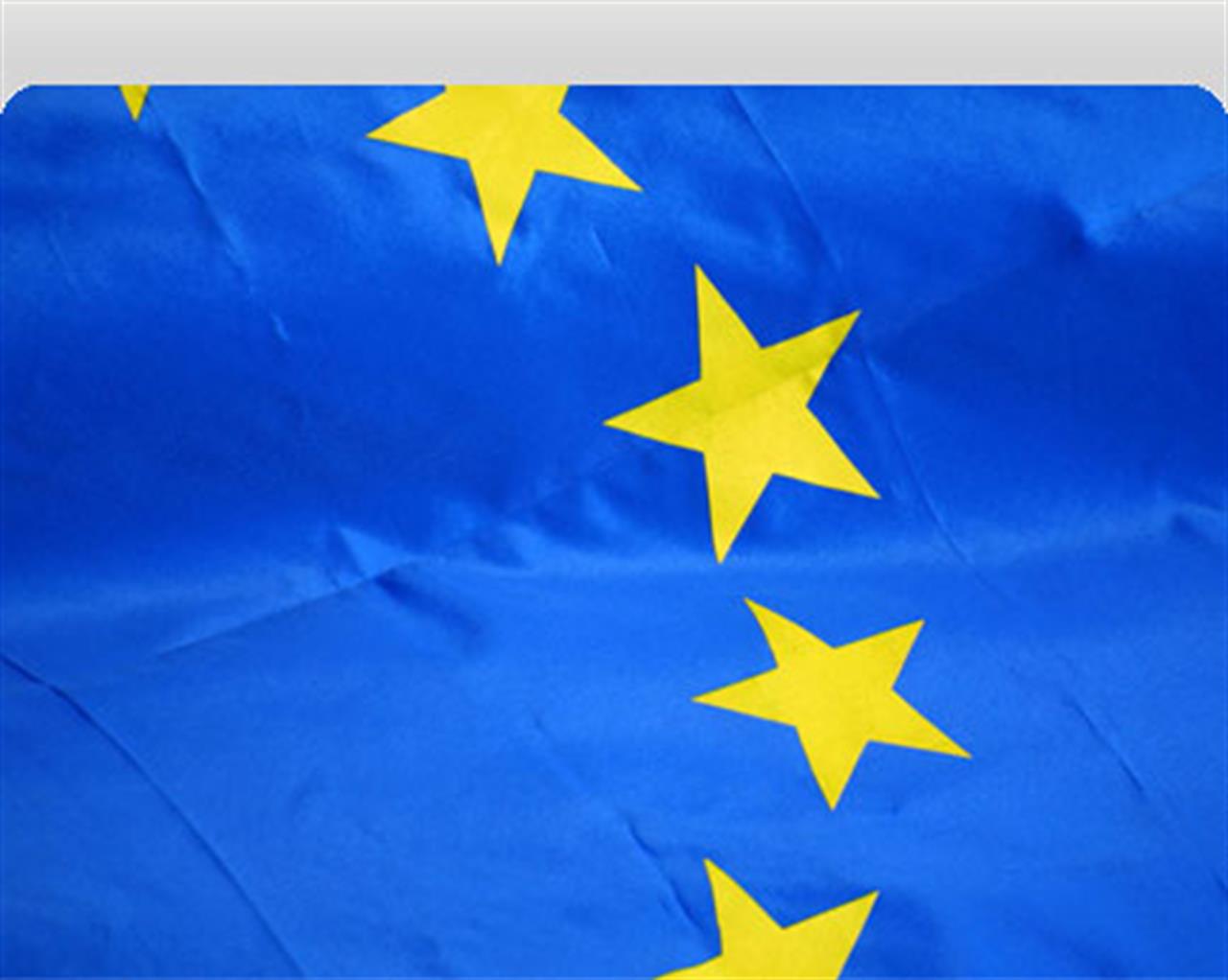Politica
European funds: Italy sows, but doesn’t reap
Italy is one of the countries that most contributes to the European Union financially, but it is not among the countries that receive the most funds from Brussels.
di Staff

“Italy gives more than it receives”, confirms a report by Censis (the centre for studies in social investment, a social-economic research institute founded in 1964) that examines the use of European financing for 2002-2006 (the analysis doesn’t include structural funds). The study was commissioned by the Prime Ministers Department for Community Policies and contains some interesting facts…
Equal: high participation project
Censis researchers have analysed social policy and aid to development programmes. Two key findings have emerged: individual projects that seek to reduce internal inequality receive small amounts of money in Italy, while aid to development projects, although well funded, offer limited results. instead the limit of the programmes in support of poor countries is the little percentage of the projects’ success.
Italy is a country that sets records. Take the Equal project, for example, the community ideas-workshop that elaborates strategies to increase employment and foster social inclusion: out of the whole of Europe, Italy is the country that demonstrates the highest degree of adhesion to the programme (followed by France, Spain and Germany) with 696 projects, that is to say 21% of all Equal programmes. Italian Equal projects concentrate on the fields of adaptability/continuous training (204 projects, equal to 29.3% of the total number of approved Italian projects) and employability/reinsertion into the job market (203 projects, 29.2% of the total).
Fewer projects were undertaken in the following fields: entrepreneurship, social economy, equal opportunities, employability-prevention of racism and asylum seekers.
Partnerships: the key to Equal
From the analysis of Equal’s impact evaluation documents two main types of collaborative models emerge. There are those that focus on the project objectives and that therefore do not offer much scope for teamwork. Then there are those that focus more on the value of networks, but that perhaps end up being less effective when it comes to working locally.
But when it comes to funding, Italy always seems to pull the shortest straw. When it comes to Argo projects, an action plan that tackles issues related to immigration and asylum seeking, Italy is the second country for number of approved projects. Despite this, Italy receives, on average, 350 thousand euros vs. France’s and Germany’s one million euros. The same goes for Daphne, a programme that safeguards women and children who have been victims of violence: Italy, at the first place with Belgium for approved projects, receives on average 110 thousand euros vs. 150 thousand for Danish and German projects. Finally only half of the 216 projects of the Agis programme (in the field of justice and criminality) has been co-financed (especially researches and conferences).
17 centesimi al giorno sono troppi?
Poco più di un euro a settimana, un caffè al bar o forse meno. 60 euro l’anno per tutti i contenuti di VITA, gli articoli online senza pubblicità, i magazine, le newsletter, i podcast, le infografiche e i libri digitali. Ma soprattutto per aiutarci a raccontare il sociale con sempre maggiore forza e incisività.
